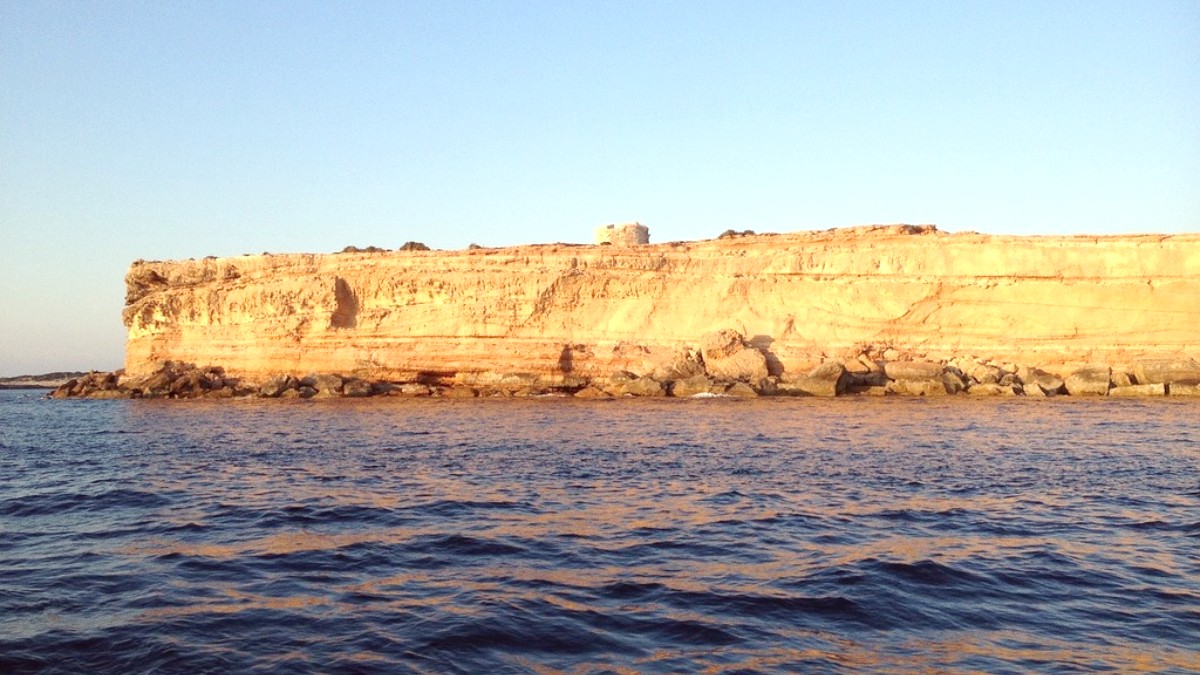
Spain
Schengen Visa-Exempt Nationalities: Citizens from the United States, Canada, Australia, the United Kingdom, and most European Union countries do not need a visa for stays up to 90 days within any 180-day period. This applies for tourism or business. From mid-2025, visa-exempt non-EU nationals will need an ETIAS authorization before travel.
Other Nationalities: A Schengen Visa (Type C) is necessary for citizens from countries not listed as visa-exempt. The application process includes an application form, various documents, and biometric data to the Spanish embassy or consulate. Processing times vary, apply well in advance. Consider services like IVisa or VisaHQ for assistance.
A travel insurance policy is mandatory for Schengen visa applicants. It must hold a minimum coverage of €30,000 for medical emergencies and repatriation. This type of insurance is highly recommended for all travelers. Consider policies from World Nomads, SafetyWing, or Insubuy.
No specific entry fees apply for Spain for general tourism. Immigration procedures are standard upon arrival at your first Schengen port of entry. For Formentera travelers, this usually means clearing immigration at Ibiza Airport, followed by a ferry transfer. Expect passport checks upon arrival.
Controlled access areas.
During peak season (mid-May to mid-October), a controlled access system operates to limit congestion. A fee applies for vehicle entry (cars and motorbikes). Pedestrians and cyclists enter free.
Similar controlled access to Ses Illetes. This system helps preserve the natural environment of this sensitive area.
Standard health considerations.
No vaccinations are mandatory for Spain beyond routine immunizations. No proof of vaccination for entry typically applies.
Always check the latest travel advisories before your trip. Circumstances change.
Seamless travel begins with proper documents.
Spain's entry policies align with Schengen Area rules. Preparation minimizes delays.
Incomplete documentation may lead to delays at immigration.
The official currency is the Euro (€, EUR). ATMs (Cajeros automáticos) are widely available in main towns (Sant Francesc, Es Pujols, La Savina). Credit and debit cards are accepted at most establishments. Inform your bank of travel plans. Carry some cash for smaller purchases or markets.
Tipping is not mandatory but welcomed for good service. For restaurants/cafes, a 5-10% tip for good service is customary. Rounding up the bill for smaller amounts is common. For taxis, round up the fare. For porters, €1-2 per bag. For housekeepers, €2-5 per day.
€70 - €120 per day. Hostal/guesthouse bed (€40-80). Supermarket groceries, budget eateries (€20-40 food). Bicycle rental (€10-25/day), local buses (€2-4/ride). Free activities (beaches, walking).
€120 - €250 per day. Mid-range hotel/apartment (€80-180). Mixed dining (€40-80 food). Scooter rental (€30-60/day). Ferry. Some paid attractions (€10-40).
€250+ per day. Luxury hotel/villa (€180-1000+). Fine dining (€80-200+). Car rental (€50-120+), private transfers, boat charters. Exclusive experiences (€50-100+).
Hostal/Guesthouse: €50 - €150. Mid-range Hotel/Apartment: €120 - €350. Luxury Hotel/Villa: €350 - €1000+.
Breakfast: €5-15. Lunch (casual): €15-30. Dinner (mid-range): €30-60. Fine Dining: €70-150+. Coffee: €2-4. Local beer: €3-5.
Formentera is a very low crime rate, making it one of the safest destinations. Petty theft is rare but possible in very crowded areas during peak season.
Heatwaves happen during summer months, leading to high temperatures and a wildfire risk. Strict rules against open fires are in place. Strong winds cause rough seas, impacting ferry schedules.
Travel insurance is highly recommended for all visitors. A comprehensive policy covers medical emergencies, emergency medical evacuation, trip cancellation or interruption, and lost luggage.
If you lose your passport or important documents, immediate action is paramount. Follow these steps: